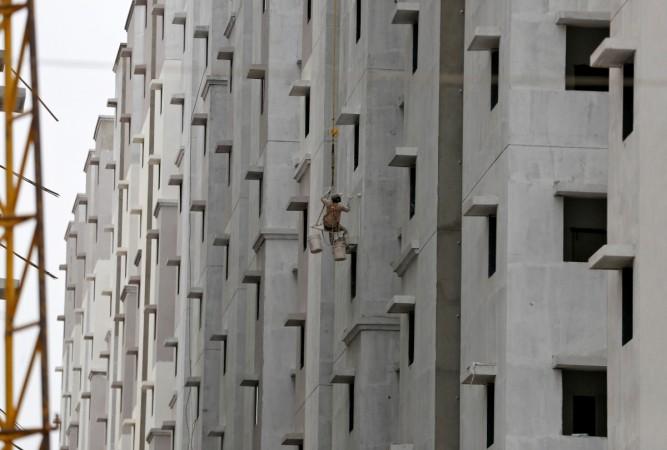
The triple impact of demonetisation, the Real Estate (Regulation and Development)Act (RERA) and now GST have brought dramatic changes in the regulatory, tax and business environment in India. The implementation of these landmark developments within a short span of time is bound to create short-term problems till our economy gets accustomed to it. However, in the long term, all these are certain to make the industry more transparent, which will boost investor confidence in India.
Against the backdrop of this ongoing transformation, Indian real estate is already witnessing a robust rise in investment inflows from both foreign and domestic institutional investors.
As per syndicated reports, the Indian property market has received $3.15 billion from various investors in the first half of the current year. Increased consolidation and transparency along with the launch of REITs (Real Estate Investment Trusts) will act as the perfect catalyst for attracting more investments in the future.
For the real estate sector, the above policies will lead to consolidation over the next few years. Larger players will peak in strength and smaller players will be eroded due to increase in compliance cost.
There will also be a surge in joint developments as smaller developers will find it difficult to comply with the recent stringent rules of RERA and will merge with more established players. Only credible developers who conduct their business with transparency will survive in the future.
However, we must remember that deregulation will be the key to the success of various government initiatives. A major impediment to real estate development in India remains the approval process. We are ranked at 185 out of 187 countries by the World Bank for 'Ease of obtaining Construction Permits'. This effectively means that we are in the same club as war-torn countries where institutions have collapsed and offices which accord approval have been bombed to rubble.
The government must look at addressing the shortcomings plaguing the real estate sector at the earliest.
For instance, all land titles in India are presumptive and with the present pace of reform it will take 20 to 30 years to make land title insurance possible in India. This needs to be done on a priority basis if the government wants to ensure the success of its housing policies.
(The writer is chairman & managing director, House of Hiranandani)






